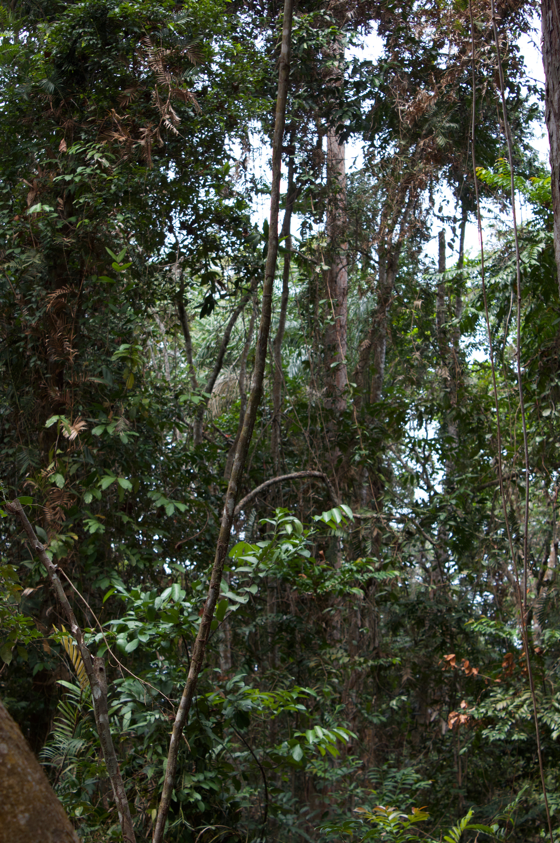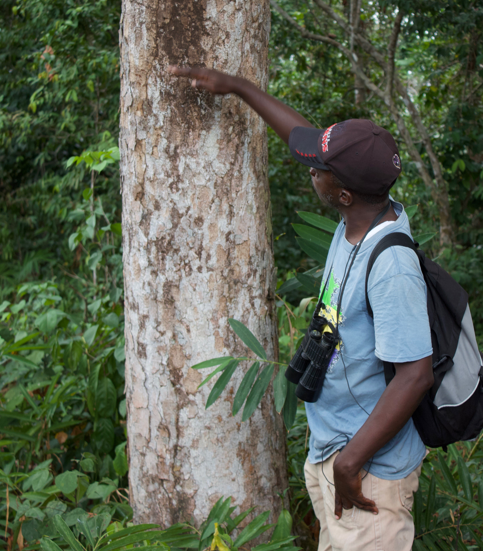
Tree in Gabon|lauren blog 2 photo 4|local Gabonese palm oil|Gabon palm oil plantation|Gabon forest|Lauren Roy and Gabon colleagues
Impact Story
Protecting Gabon’s Forests: Striking a Balance between Development and Deforestation
Guest blog with Innovate ME intern Policy and Advocacy Advisor, Lauren Roy
Before I started working with WWF in Gabon, I thought the definition of a forest was quite straightforward – classifying an area with a certain density of trees as a forest seemed more or less uncontroversial. As it turns out, defining what constitutes a forest is immensely consequential for a country like Gabon. It is a question that the government is currently grappling with and one without an easy solution. Forests cover 88% of Gabon’s territory, making it one of the most forested countries in the world. The vegetation is dense and much of it is still primary forest – meaning that it has never been cut.
As the threats of climate change loom, many governments, companies and individuals are seeking out ways to curb their emissions. Agriculture, forestry and other land use change have been found responsible for a quarter of global carbon emissions, largely due to deforestation. Halting deforestation as a strategy to mitigate climate change has gained traction internationally from large-scale government commitments, such as the New York Declaration on Forests, to individuals pledging to buy deforestation-free products. The world’s gaze has turned to the two largest swathes of tropical forest: the Amazon Basin and the Congo Basin. Tropical forests are large stores of carbon and provide many regulating ecosystem services. Efforts to curb deforestation have been concentrated on these regions, which are mostly untouched.
For decades, Gabon’s forests have remained largely intact due to a small population and a profitable oil sector. But as global oil prices dropped in recent years, the country has been looking to diversify its economy – including developing its agricultural sector. There are also concerns about the country’s food supply self-sufficiency as an estimated 60% of Gabon’s is imported. An official in the Ministry of Agriculture shared that it costs the country around 1 billion dollars a year to import food. With this in mind, for a country like Gabon, the global push to halt deforestation may pose a threat to their development. A recent study found that there is a risk of increased food insecurity under stringent global climate change mitigation policies.
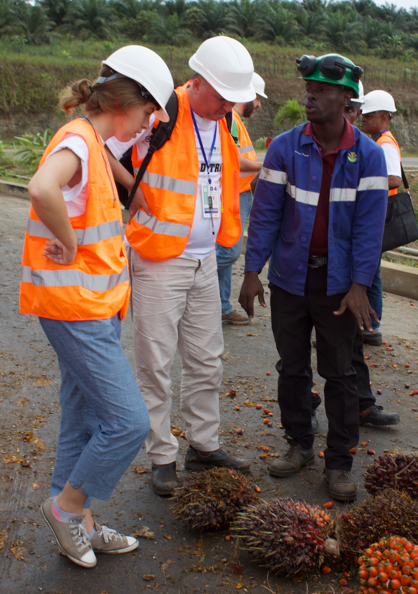
At a visit to a palm oil plantation, the Gabonese staff explain the process of producing palm oil and explain their efforts to preserve high conservation value areas.
One of the main crops targeted by zero-deforestation measures is palm oil, which has been a main factor in widespread pollution and habitat loss in Southeast Asia. Gabon is now developing a palm oil sector and hopes to establish itself as a sustainable palm oil producer. The Gabonese plantations are certified sustainable by the Roundtable on Sustainable Palm Oil (RSPO), which is the main organisation promoting the production of sustainable palm oil globally. The RSPO Principles and Criteria are currently under review and the new guidelines established this November are expected to include more rigorous zero-deforestation requirements. Gabon hopes to be able to continue to meet the sustainability requirements both for environmental and economic reasons, but there are concerns among stakeholders that the new standards will be too rigid. There are several systems of forest classification developed internationally that establish what type of forest is permissible to cut down for development. However, the thresholds proposed by these standards, which do not account for the density of the individual forests, could restrict Gabon’s development and allow only small parcels of land to be converted for agriculture or other uses.
In Canada, we cleared our forests long before zero-deforestation was a global standard. There was never any restrictions or debate about whether or not we could develop our lands and build our economy. While Gabon does need to address biodiversity and environmental conservation as it develops, their current climate should be better understood and considered before imposing a one-size-fits-all standard. We now have a greater understanding of how important forests are to the planet and how to protect them and prevent their destruction. Though imposing standards without consulting the communities that rely on these economies can have negative impacts as well.
In my role as Policy and Advocacy Officer at WWF, I have been working to encourage the government to take steps to ensure that the palm oil sector develops sustainably. Our work fills a facilitative role, so rather than telling Gabonese officials what to do, I provide research and analysis of the international developments regarding deforestation that may have impacts in Gabon. It’s an approach that WWF employs often in its fight against deforestation, positioning itself as a partner that can support, offer expertise and help implement best environmental practices. In my opinion, it’s an approach that tries to bridge the gap between pure environmental conservation and considerations for sustainable development.
Trying to repair the destruction we have wrought on our forests in the past with strict global standards that can impede a country’s sustainable development does not sit right with me. Gabon’s forests are more than just our carbon sink, they are also the lifeblood of the country and its people. On a recent trip to the forest, a Gabonese friend pointed out more than a dozen trees and rattled off their traditional uses and significance in Gabon’s history. The Gabonese people are the best stewards of their own forests, and their participation is essential to successfully curbing deforestation and fighting climate change.
About Lauren
Lauren Roy is a master’s student in Environmental Policy at Sciences Po. She holds a Bachelor of Arts and Science from McGill University and is currently working as an intern Policy and Advocacy Advisor with WWF in Gabon to help build a strategic plan to promote biodiversity conservation and sustainable development.
Want to intern overseas, develop your career and make a difference? Apply for YCI’s Innovate ME international youth internship program today.
Click here to learn more about Innovate ME
Innovate ME is generously funded by the Government of Canada through Global Affairs Canada.
About Innovate ME
Youth Challenge International’s Innovate ME program focuses on career transformation and is designed to significantly enhance youth employability in Canada and abroad, providing the tools, resources, experience and coaching to take careers to the next level. Implemented in partnership with Global Affairs Canada (GAC), Innovate ME provides employment training prior to departure, career coaching during internship placement, and career transition support and networking opportunities upon return to Canada.
More Like This
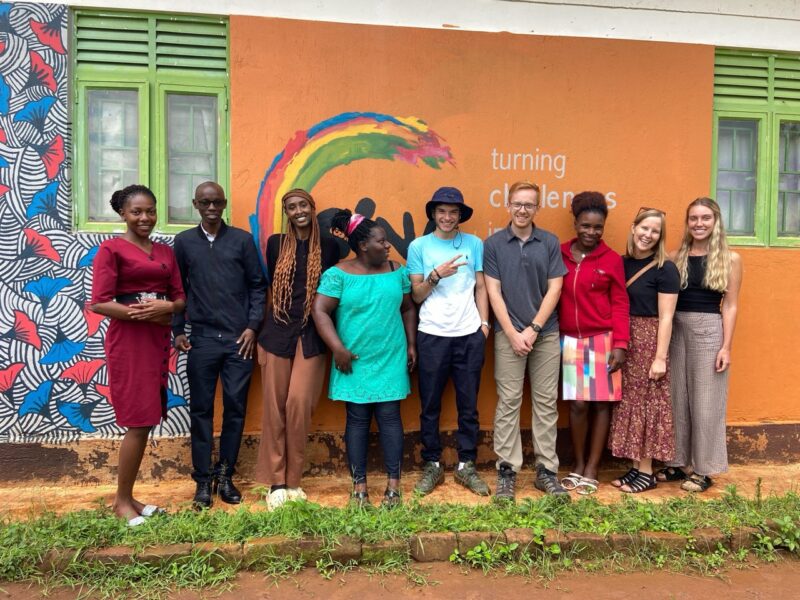
Fellowship Alumni Spotlight: How Liam Redefined Success
2025-09-11
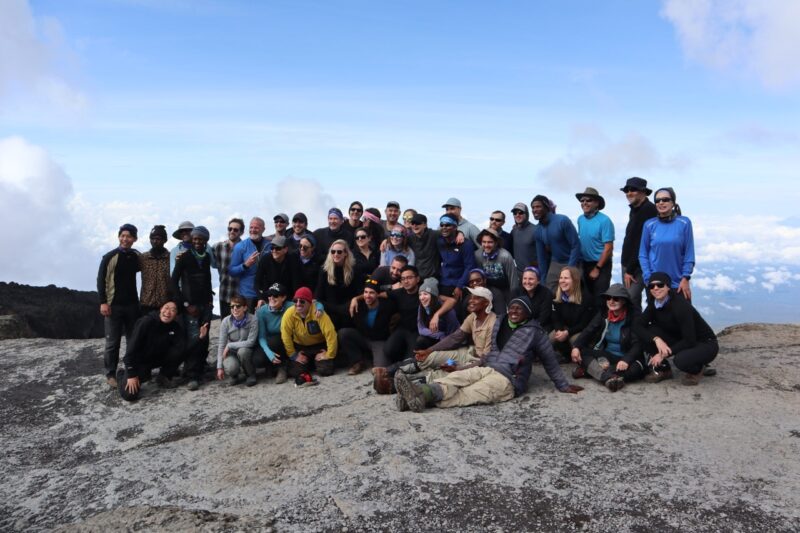
2 Extraordinary Hikes to 'Summit for Impact' in 2026
2025-08-22

Fellowship Alumni Spotlight: How Tayba Grew in Uganda
2025-08-15
